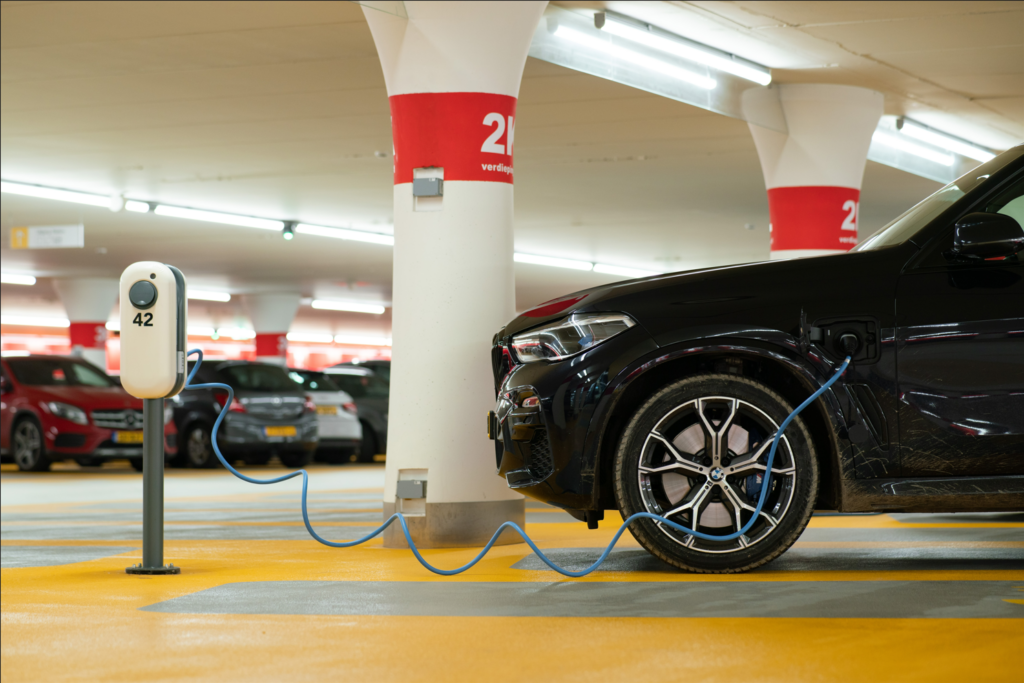Recently, there is an uptick in the number of electric vehicles (EVs) on the road, touting significant cost-savings for drivers and cleaner roads. These two benefits seem like a winning combo for the drivers and the environment, especially with recent fuel prices on the rise.
The allure to the idea of driving an electric car is highly appealing, with their progressive design and models decked out with the most captivating technologies that you can house in a four-wheeler – but before you find yourself seduced to the idea of purchasing one, let’s look at how driving an EV fairs in Singapore and whether you should instead be paying more attention to their more-prominent cousin – the hybrid.

Price & Existing Infrastructure
Economically wise, even with the green rebates and incentives introduced to encourage more drivers to make the switch to an EV, electric vehicles are still costly to purchase. Factoring that EVs are relatively new to the scene in Singapore, there is currently a very limited variety of available models, which greatly narrows the selection range based on one’s preference and budget.
Charging can also be an inconvenient affair, considering that almost 81% of Singaporeans live in HDB (based on statistics published from 2020 to 2021) or private apartments, which means little-to-no availability of chargers. The accessibility of gas stations for petrol cars or hybrid vehicles compared to chargers for EVs is also a major factor to consider – re-fuel access is readily available, but chargers are not as commonplace due to the lack of infrastructure as of now. Without the need to recharge by plugging in, the bi-fuel gasoline-powered engine for hybrids avoids unnecessary stress that may come with an electric vehicle’s limited driving range.
With the current lack of infrastructural support as well as accessibility to chargers, drivers should weigh the expense of a high initial outlay and the inconvenience of charging over the potential cost savings from recharging vs re-fueling in order to make a sound decision.

Green Sustainability
Reduced emission is one of the main selling points of driving an EV.
Although hybrids are already a greener alternative than normal internal combustion engines (ICE), EVs do not create any tailpipe emissions at all, which is one of the key contributing factors to pollution on roads.
Performance in EVs is also higher with quieter motors and smooth travels.
Hybrid over Electric?
The high fuel efficiency and flexibility are what gives hybrid vehicles an edge over EVs. While hybrids can also enjoy vehicle emission rebates due to their cleaner engine than an ICE vehicle, the additional incentives for early adopters of EVs are overshadowed by the lack of choices, poor infrastructure support, and high prices.
The switch over to fully-electric is tempting, but might not be as conducive right now for people to ease into. In the meantime, opting for a hybrid vehicle would be a far more effective solution for drivers seeking high fuel efficiency and flexibility.
Make the change today, or pick up a new hybrid ride with Prime by contacting us today to learn more about the options and attractive rates offered!




